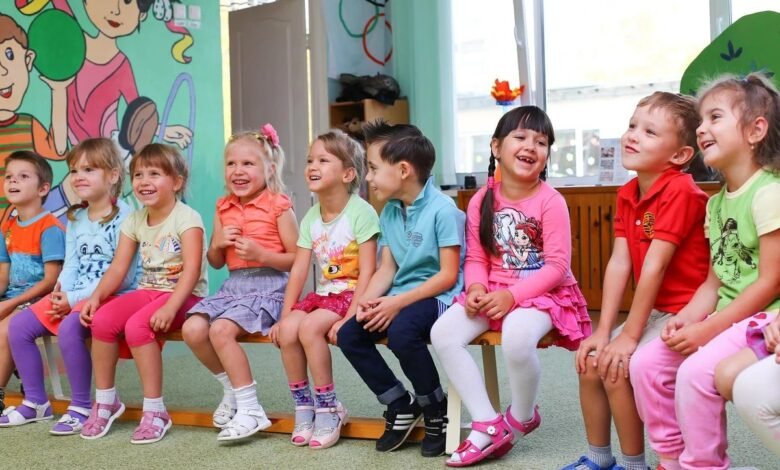Researchers Studied Kindergarteners’ Behavior and Followed up 19 years Later. Here are the Findings

Source: https://www.upworthy.com/
A study has shown that social success is just as important as academic achievement for children’s future success. While society often emphasizes grades and test scores as the key to a successful life, the study reveals that learning to interact well with peers and manage emotions can significantly shape adult outcomes. Kindergarten teachers assessed children’s social competencies, such as their ability to understand others’ feelings, using a rating scale. These social skills were tracked until the children reached adulthood, and the study found that early social competence had a strong predictive value for their future lives.
Here’s the result of the study:
1. Those good test scores we covet? They still matter, but maybe not for the reasons we thought: Traditional thinking links good grades and test scores with intelligence, and while high GPAs are correlated with higher earnings later in life, they don’t capture the full picture of a student’s success. Factors like working with peers, seeking help from teachers, or resisting distractions play a crucial role in academic achievement. Researchers argue that success in school requires both cognitive and social-emotional skills, as social interactions, attention, and self-control are key to learning. This suggests that in addition to academic skills, schools should focus more on teaching social and emotional skills for broader success.
2. Skills like sharing and cooperating pay off later in life: The researchers found that social competency, such as the ability to relate to peers, manage emotions, and resolve conflicts, is a strong predictor of future success. An increase of just one point in social competency made a child 54% more likely to graduate high school, twice as likely to earn a college degree, and 46% more likely to have a stable, full-time job at age 25. In contrast, children with poor social skills were more prone to legal troubles and substance abuse. While the study couldn’t definitively establish cause and effect, it highlighted the importance of social skills in determining future outcomes.
3. Social behaviors can be learned and unlearned — meaning it’s never too late to change: The researchers found that pro-social behaviors, like sharing and cooperation, are “malleable” and can be developed over time. While some children may have natural advantages in areas like learning, skills for resolving conflicts and relating to others can always be improved. These behaviors are often influenced by parents, with warmth and empathy being key traits that help children develop positive social skills. Despite some study limitations, the 19-year research highlights that pro-social behaviors are crucial for future success and should be targeted in education. The takeaway is that teaching kids how to connect with others and manage their emotions is just as important as academic knowledge.
Image Source: https://www.upworthy.com/





